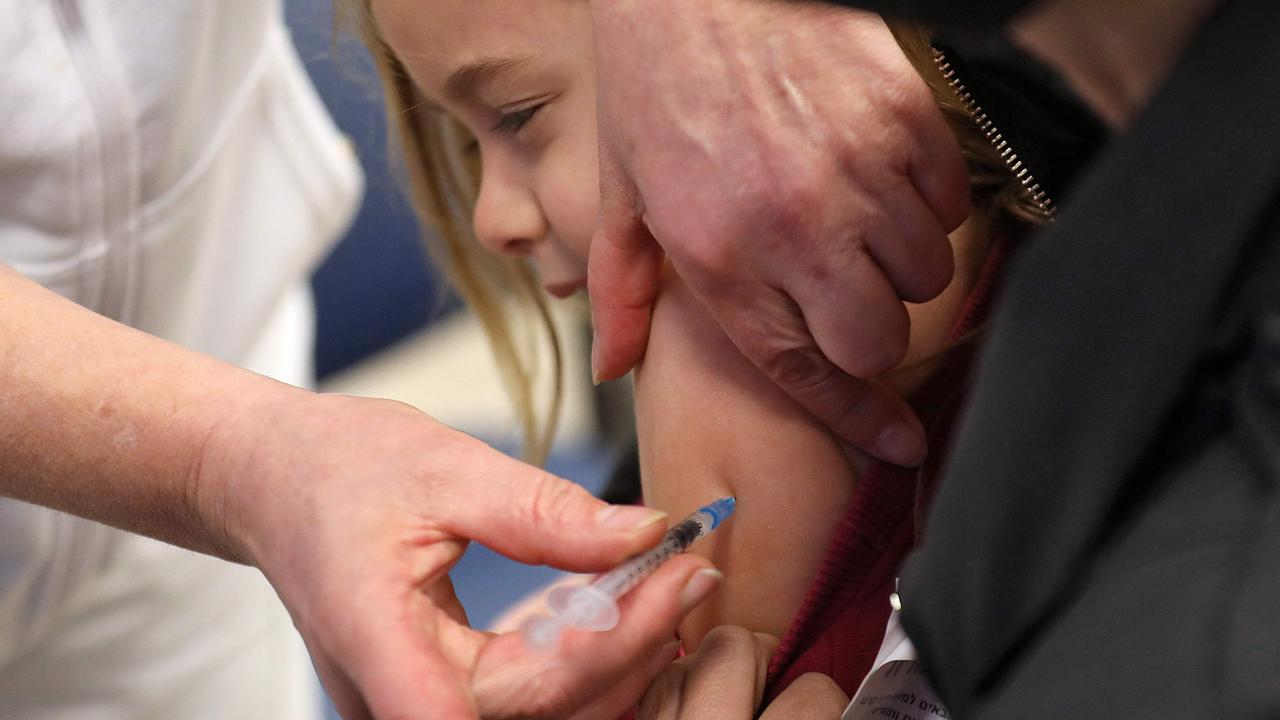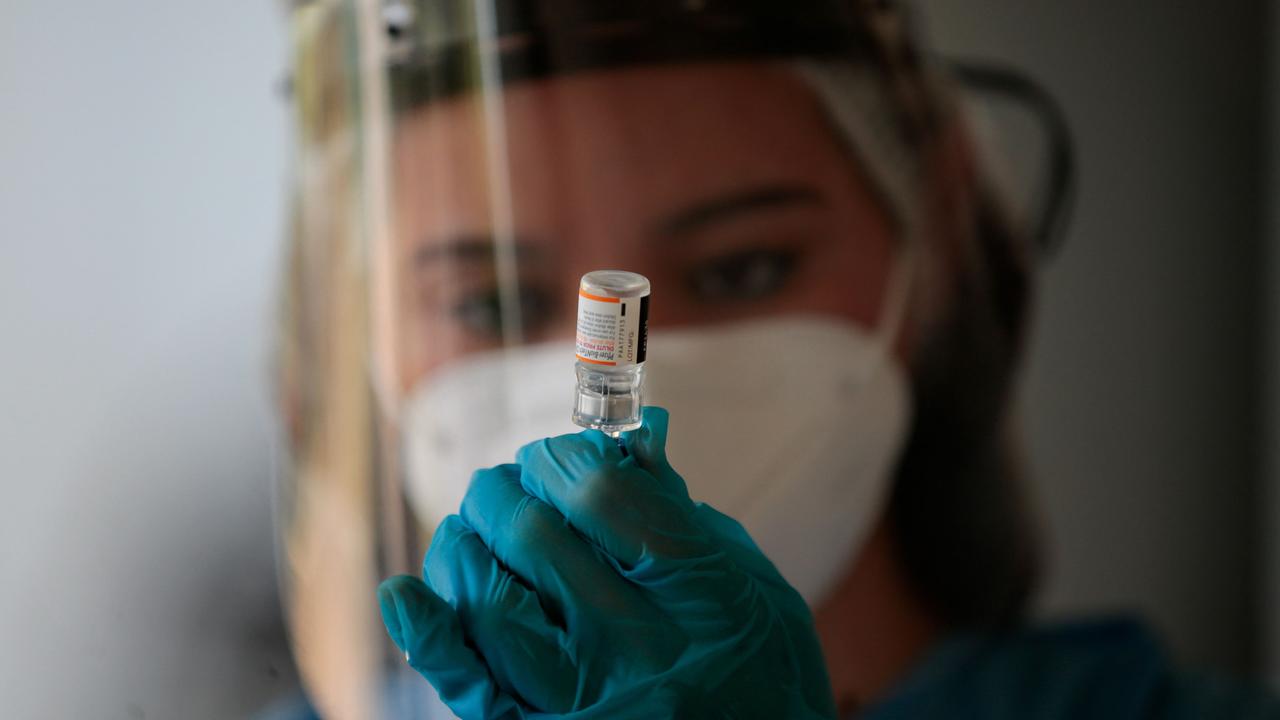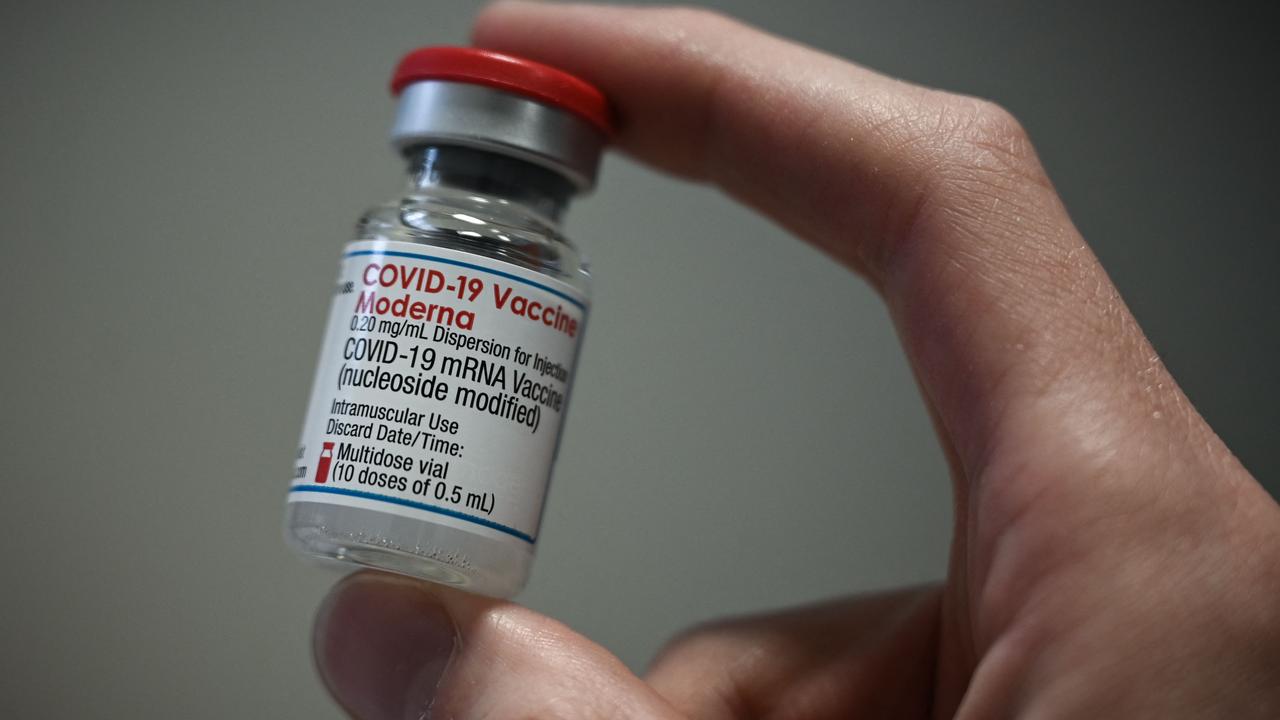
Not mentioned in the wide-ranging Health Ministry press release, but quietly noted in budget papers, was the announcement that the government had extended the Covid-19 vaccine claims scheme “to include children aged zero to four years and fourth doses for priority cohorts to access compensation for claims related to the administration of Therapeutic Goods Administration approved Covid-19 vaccines”.
The scheme — which allows people who suffer serious adverse reactions to coronavirus vaccines to claim up to $20,000 for lost income, medical bills and other expenses — began paying out the first claims earlier this year after more than 10,000 people registered interest.
To be successful, claimants must have incurred at least $1000 in losses, spent at least one night in hospital, and be able to provide evidence from a doctor that the vaccine “was linked in medical documentation to the injury or harm related to a condition identified by the TGA”.
“The scheme will also provide compensation where the injury or harm caused or materially contributed to death,” budget papers state.
“Claims of $20,000 or more will be assessed by a panel of independent experts and compensation paid based on its recommendations.”

Legal experts have previously raised concerns that the scheme is too complex and narrowly targeted towards a limited number of adverse reactions officially recognised by the medicines regulator.
They have also suggested that the evidence thresholds are too high, with patients reporting many doctors are unwilling to attribute health problems to the vaccines.
Australia’s government has provided indemnity to vaccine makers including Pfizer, Moderna, AstraZeneca and Novavax “covering certain liabilities that could result from the use of the vaccines”, but declines to put a dollar figure on potential claims.
“The financial implications of the Covid-19 treatment purchases and the Covid-19 Vaccine Claims Scheme are not for publication due to commercial sensitivities,” budget papers state.
The Health Ministry press release also noted that an additional $200,000 was being set aside to “enable cardiac MRI for myocarditis to continue for a further six months”.
The government announced last year that a new item was temporarily being added to the Medicare Benefits Schedule for cardiac magnetic resonance imaging to diagnose myocarditis after Covid-19 vaccination.
Myocarditis and pericarditis – inflammation of the heart muscle and inflammation of the lining around the heart – are known but rare side effects associated with Pfizer and Moderna mRNA vaccines

Last week, the government announced it had secured a multibillion-dollar agreement with Moderna to build a new mRNA manufacturing facility in Melbourne, capable of producing 100 million vaccine doses per year.
“The facility will be based in Victoria and will provide Australia with priority access to mRNA vaccines, and support research and development and domestic preparedness for possible future pandemics,” budget papers state.
“Funding for this measure is not for publication due to commercial-in-confidence sensitivities.”
Meanwhile under the government’s $1 billion funding for vaccine distribution and uptake, $800.8 million will go towards “administration of primary and booster doses in primary care settings, pharmacies, aged and disability care facilities, and Aboriginal and Torres Strait Islander and culturally and linguistically diverse communities”.
A further $172.9 million will be spent on “implementation, monitoring, communications and reporting of the vaccine rollout, including digital and non-digital capabilities and expert advisory services”, while $69.3 million will be chipped in to the National Partnership on Covid-19 Response.
The government has also made additional purchases of Covid-19 treatments under existing advance purchase agreements “on the advice of the Science and Industry Technical Advisory Group”.
Those include Pfizer’s oral protease inhibitor pill Paxlovid, Merck’s antiviral drug molnupiravir, AstraZeneca’s tixagevimab and cilgavimab, GlaxoSmithKline’s sotrovimab and Gilead’s remdesivir.
